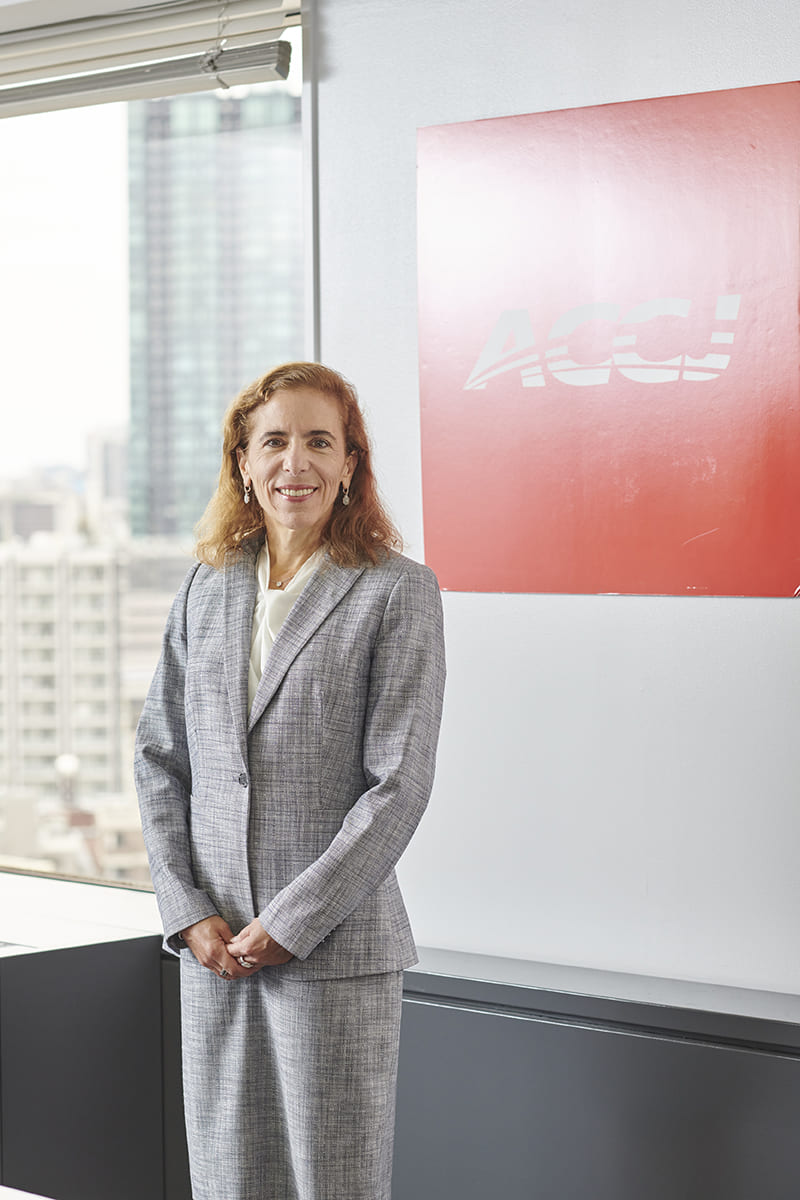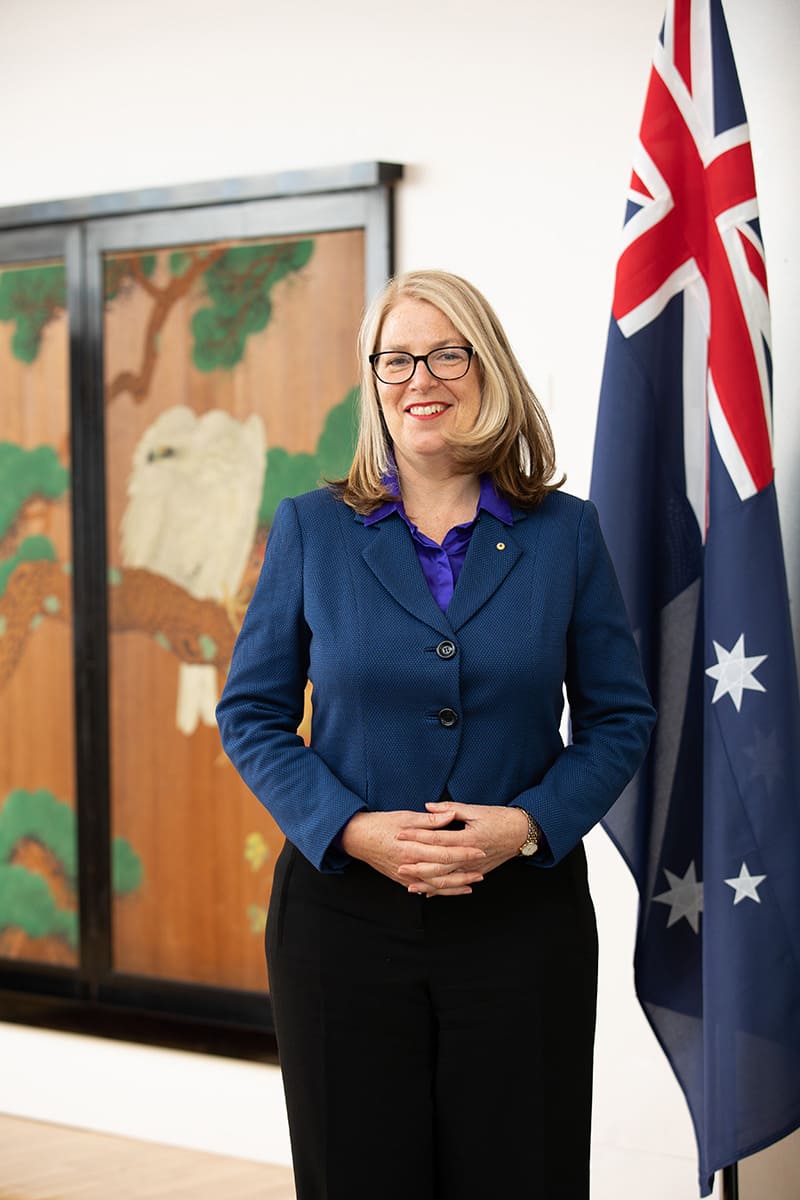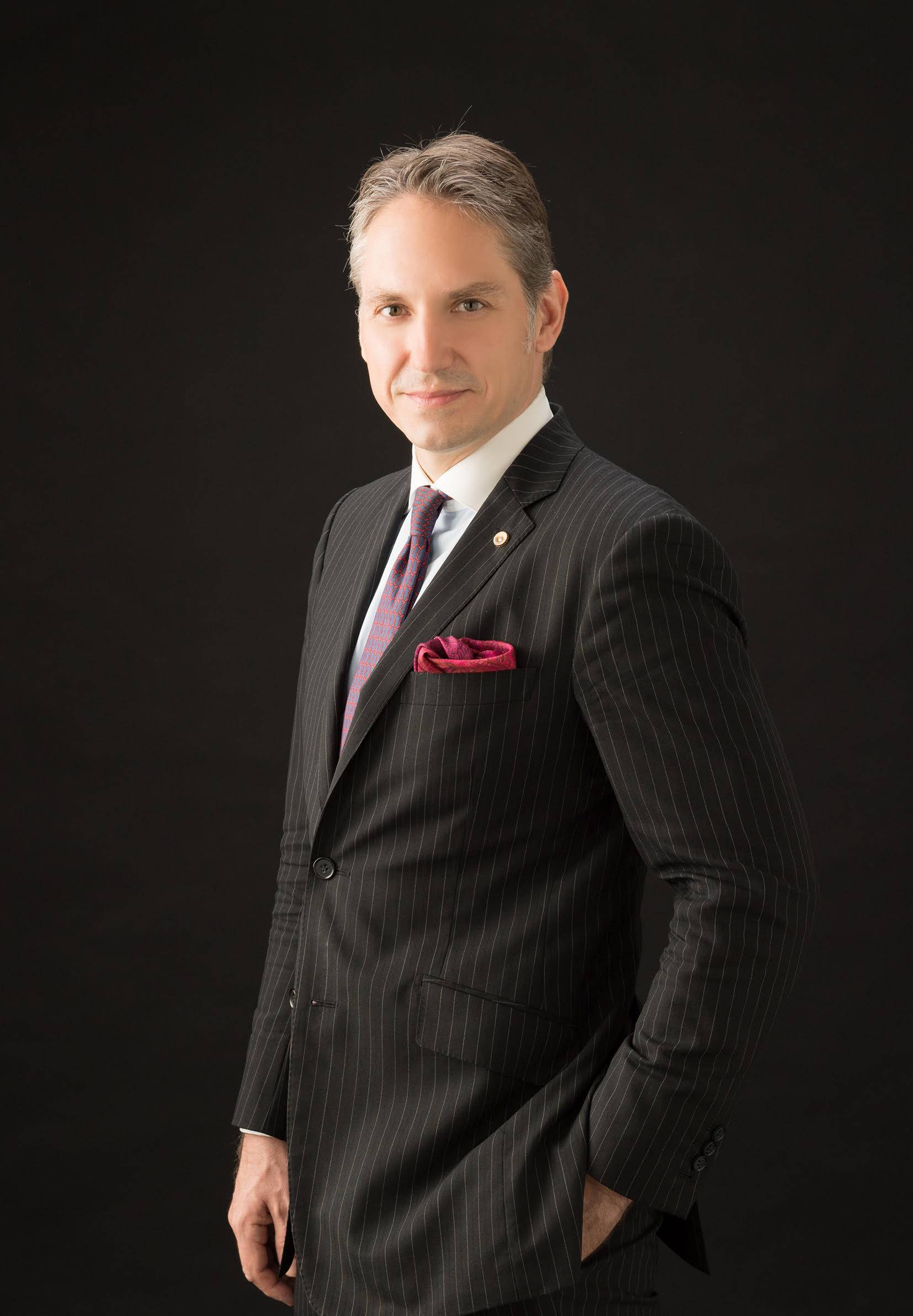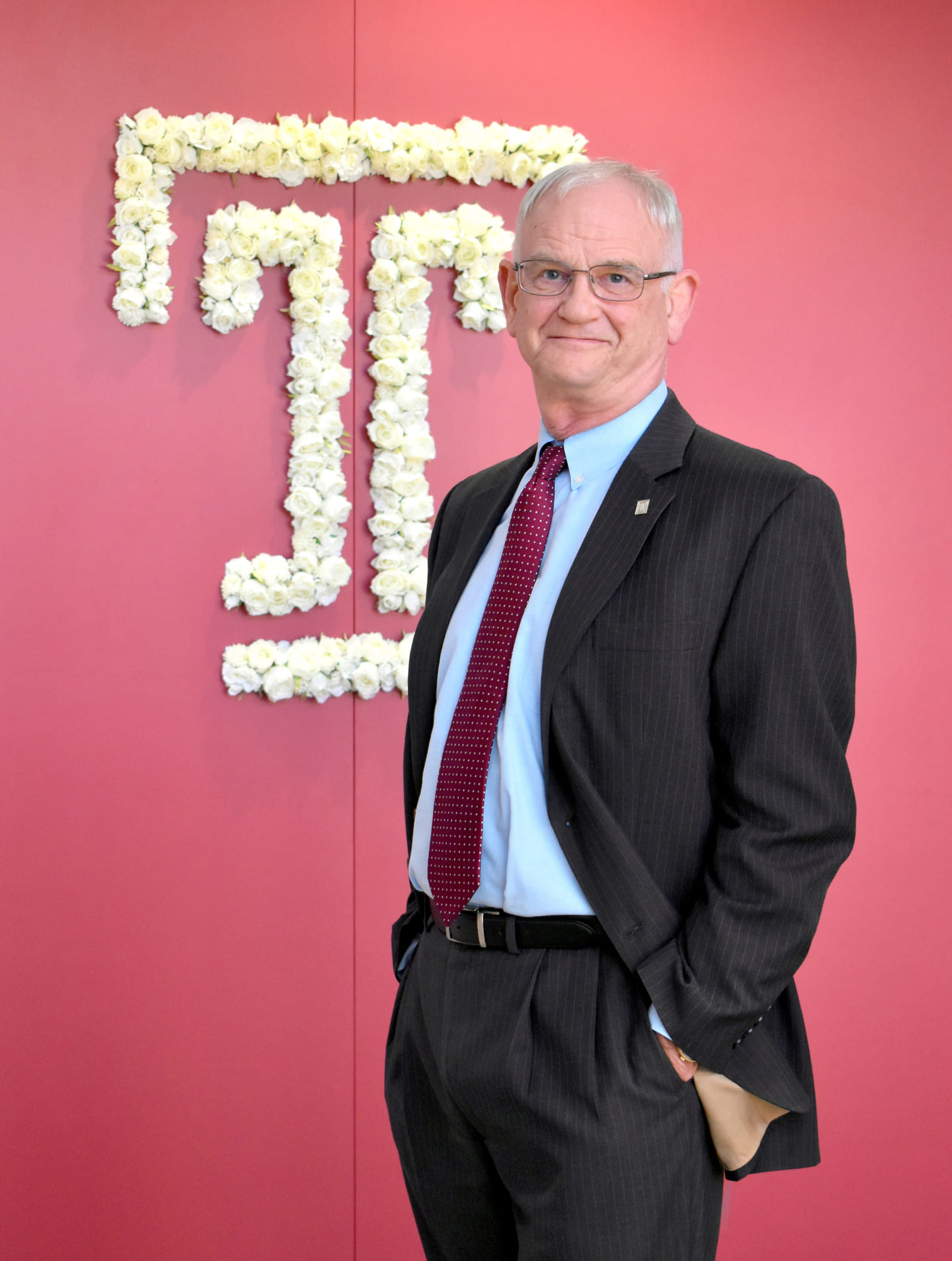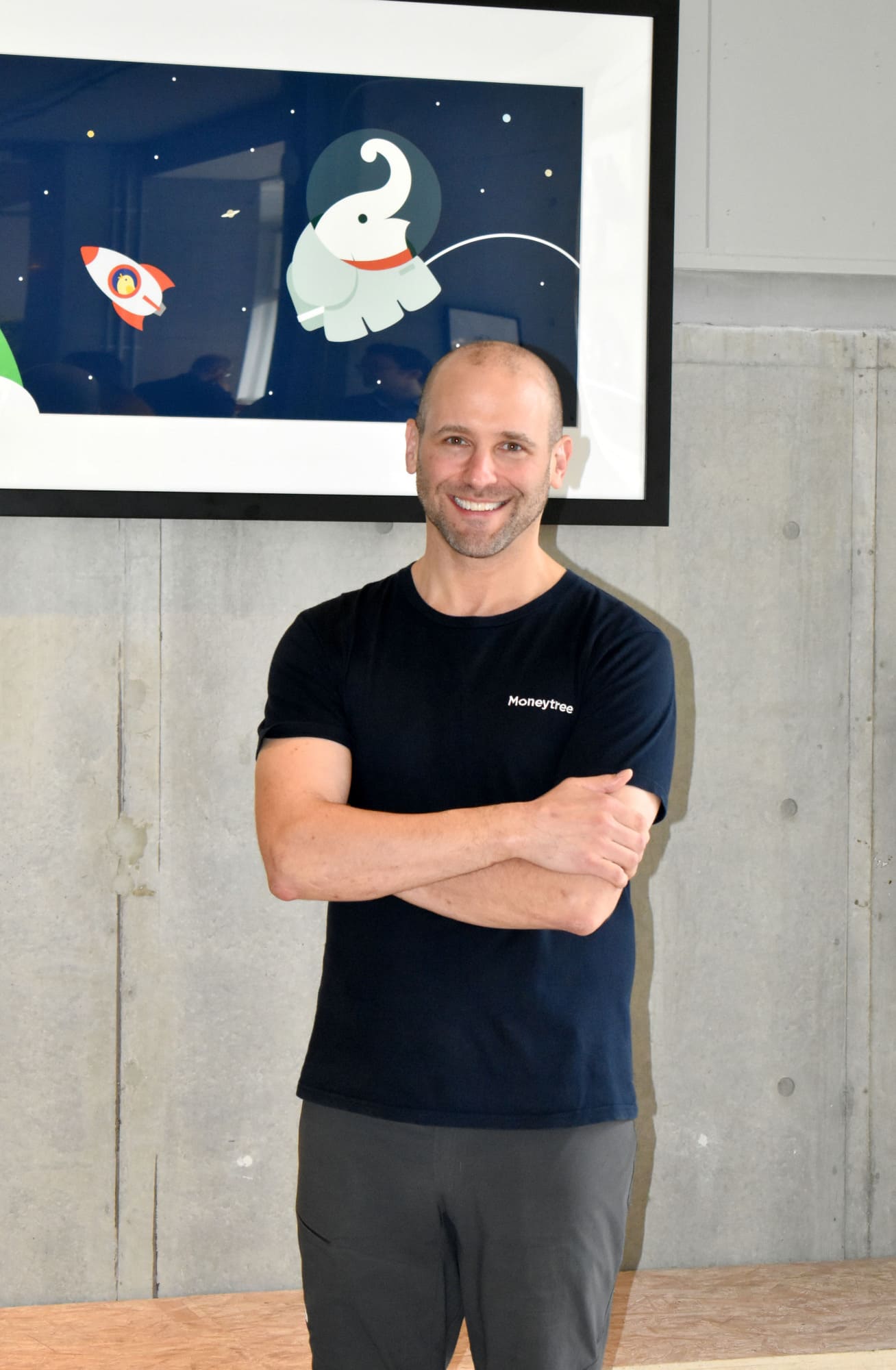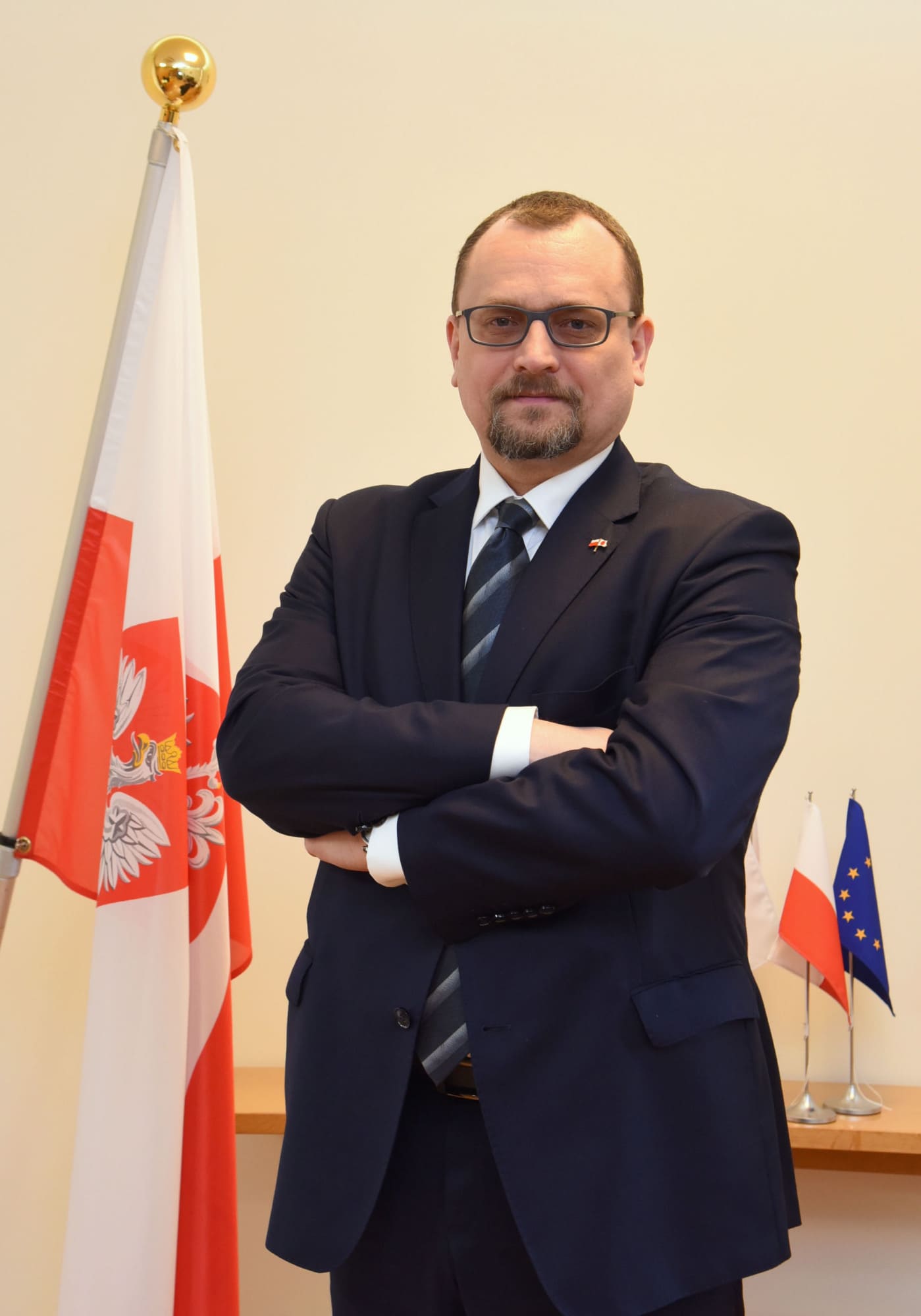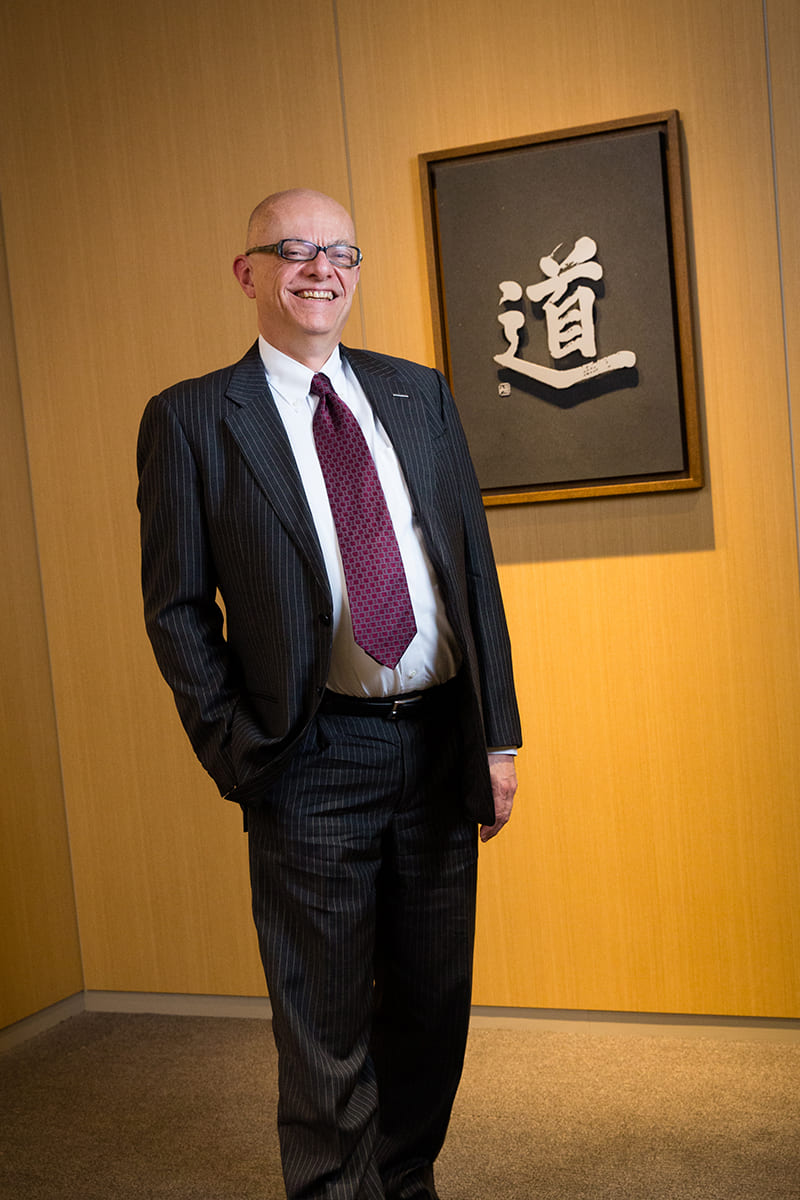
May 25, 2021
Building a global Panasonic compliance network
Patient and persistent, Laurence Bates navigates complex laws and policies
- Name: Laurence Bates
- Title: Managing Executive Officer, Panasonic
- URL: https://www.panasonic.com/global/
- Hometown: Mystic, Connecticut
- Years in Japan: 30
For nearly three decades, Laurence Bates has provided legal counsel to some of the largest business entities in Japan. Following positions at General Electric and Lixil Group Corp., he now serves as managing executive officer, general counsel, chief risk management officer and chief compliance officer for Panasonic Corp., where he is drawing from his vast experience to build a globally interconnected compliance framework.
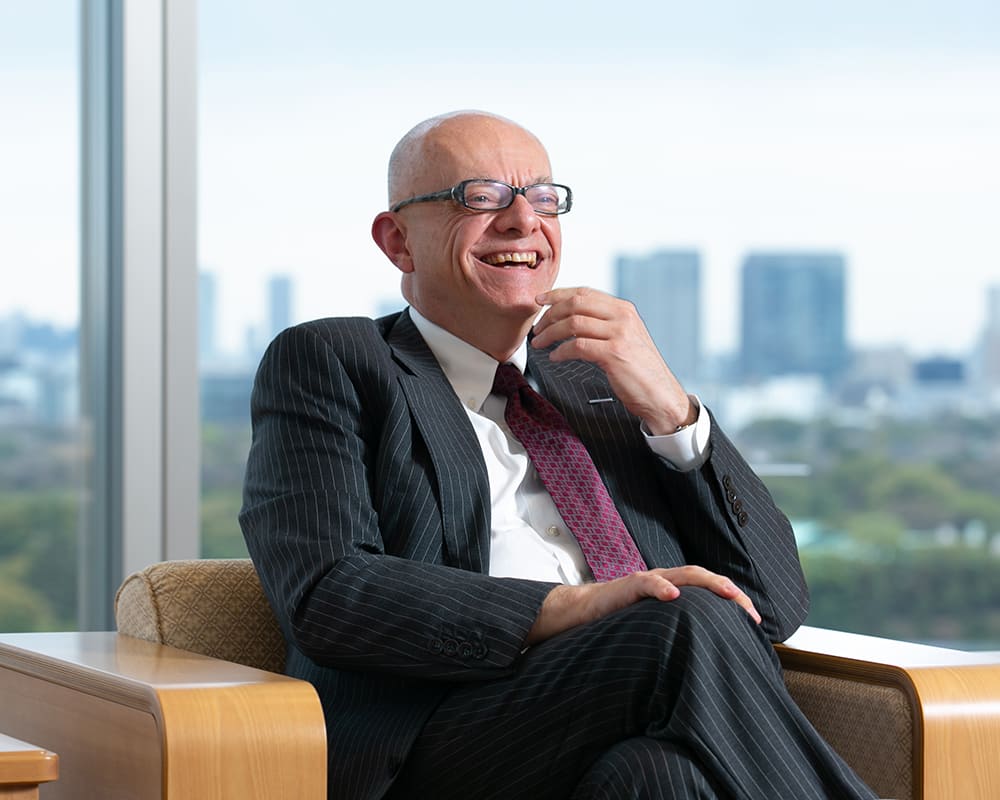
Bates is fluent in Mandarin Chinese and Japanese, and his specialized skill set has enabled him to become a leading expert in compliance in Asia. As an undergraduate at Yale University, he majored in both Chinese studies and economics, and later received his JD from Harvard Law School. By the time he entered Harvard, he had set himself on a career path toward the legal profession, but it was his fascination with China that initially propelled him.
Bates first became interested in China in junior high school, when he witnessed President Richard Nixon visit the People’s Republic of China in 1972. It was the first visit by a U.S. president to the PRC, and the historic moment left an indelible mark on Bates. “It was just so incredibly eye-opening for me to watch at that age,” Bates told The Japan Times from Panasonic’s offices in Tokyo Midtown Hibiya. “I somehow determined that I was going to go to a university where I could major in Chinese studies and which would enable me to see the world. In those days, it was a little unusual to pursue that kind of a major, so I balanced it with a more traditional degree in economics.”
Bates was also exposed to Japan from an early age through his father, a career Coast Guard officer who spent time in Hokkaido around the time when Bates was born. Bates grew up hearing stories about Japan from his father, and his family invited Japanese exchange students to stay with them when he was in high school. Bates formally started studying Japanese during his first year in law school but, knowing how difficult it is to achieve language proficiency, based on his experiences studying Chinese, decided to take a year off to come to Japan and study at the Inter-University Center for Japanese Language Studies in Kanagawa Prefecture.
After finishing law school and being admitted to the New York Bar in 1987, Bates worked at law firms in the U.S., China and Japan over the course of around five years. At the time, he had not considered career alternatives to being a lawyer at a law firm, but that changed when a highly publicized scandal involving a GE subsidiary in Japan found its way to Bates through a phone call from a recruiter.
The GE subsidiary in question was Yokogawa Medical, employees of which had been accused of bribing university professors to win orders of medical testing equipment. The scandal had prompted GE to search for someone who would look after the medical systems business throughout Asia, and this search led them to Bates. “I had no idea that this would somehow be connected to me,” Bates said, “but the opportunity brought together my Chinese and Japanese experience for the first time in my career. It just sounded incredibly exciting to be close to business and able to actually build a legal and compliance culture.”
Bates explained that a major difference between an in-house lawyer and a lawyer at a law firm is their proximity to business decisions. Whereas lawyers at law firms are generally remote from actual decision-making and are subject to limitations related to costs and scope, in-house lawyers are part of a business organization, which enables them to build “from the inside out.”
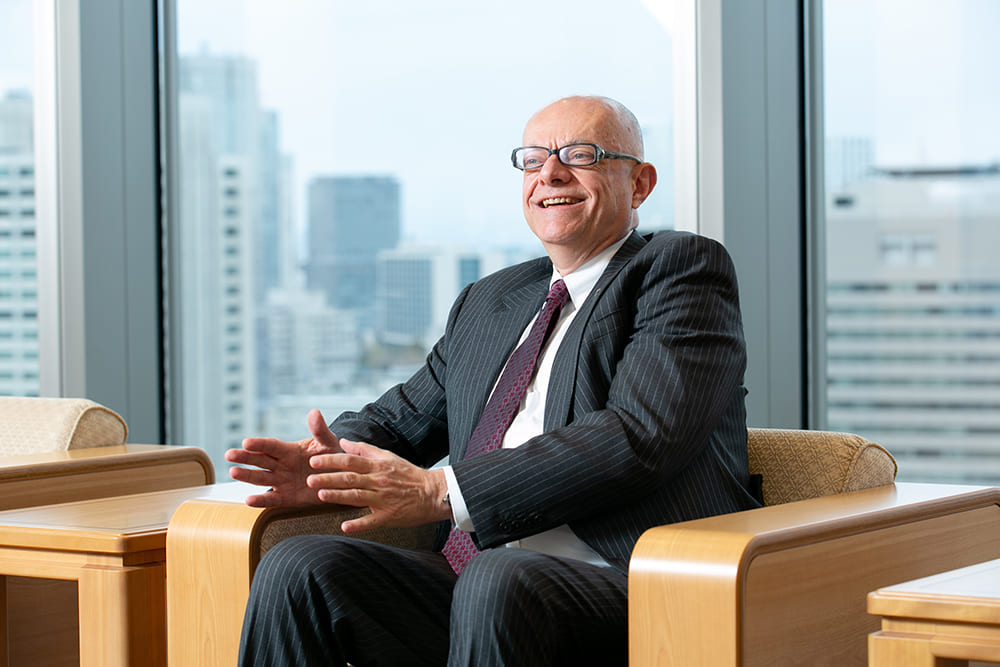
This notion of “building” is something Bates has focused on throughout his career. For example, while working for GE’s medical systems business, he assembled a team of around 20 lawyers based in several countries throughout Asia. “To build that kind of team with a global mindset that can create the type of culture that’s necessary to achieve compliance goals is my objective,” he said, “and that is what I’m fundamentally working on at Panasonic.”
Compliance encompasses a wide spectrum of risk areas, such as competition law, trade controls, data privacy regimes and environmental regulation. Panasonic has a dedicated group for environmental affairs, and as general counsel, Bates maintains visibility with his team to all potential legal and compliance risks. “It’s never perfect; it’s an ongoing, evolving aspiration,” he said, “and environmental regulation is an example of one regulation area that needs to be complied with.”
Bates pointed to two concepts that have been significant throughout his career: patience and persistence. He noted that they are especially important in Japan.
“‘Patience’ and ‘persistence’ are two words I’ve had to keep in mind when conducting business in Japan,” he said. “It takes more time than first meets the eye to build consensus, especially on the complex issues I engage in all the time. You have to recognize that it takes a vision that needs to be persistently pursued, and a certain amount of patience and time horizon to achieve that vision. Sometimes, although we want to move a lot faster — and everybody agrees with that — we need to make sure we move fast in an intelligent way.”

